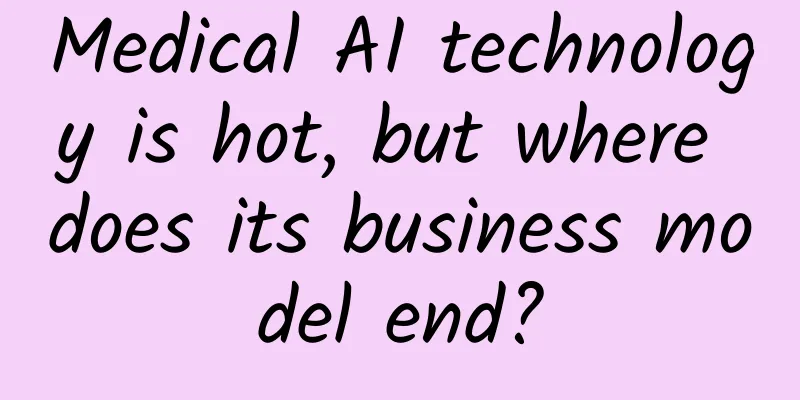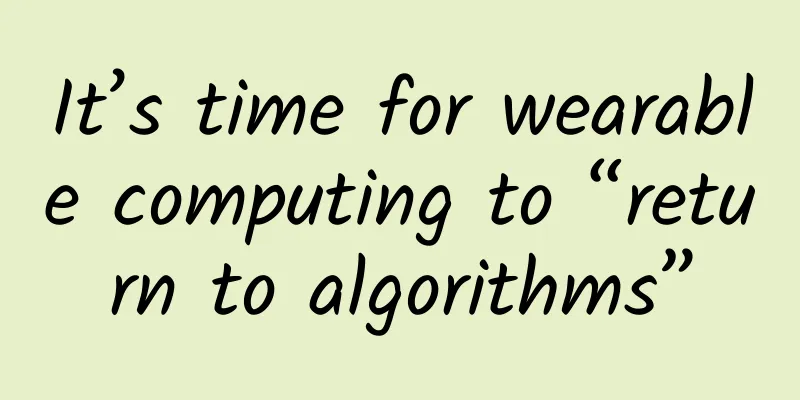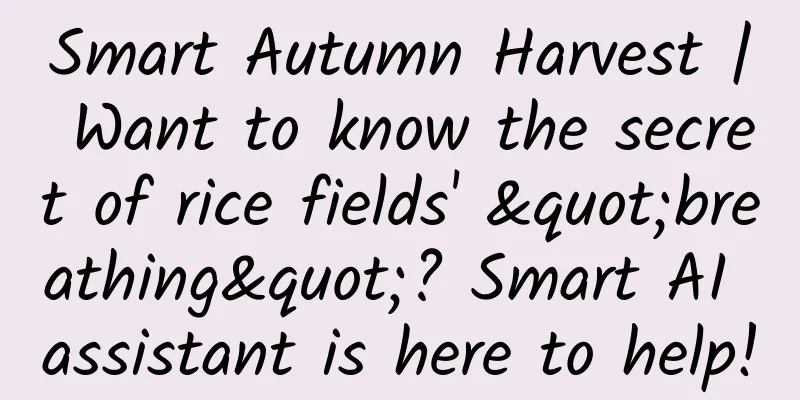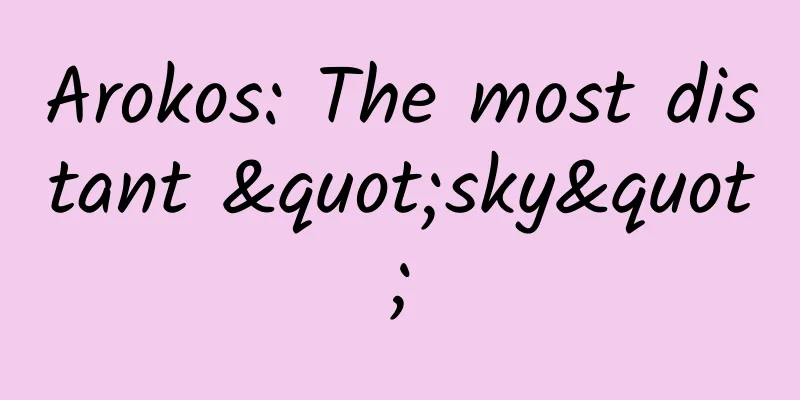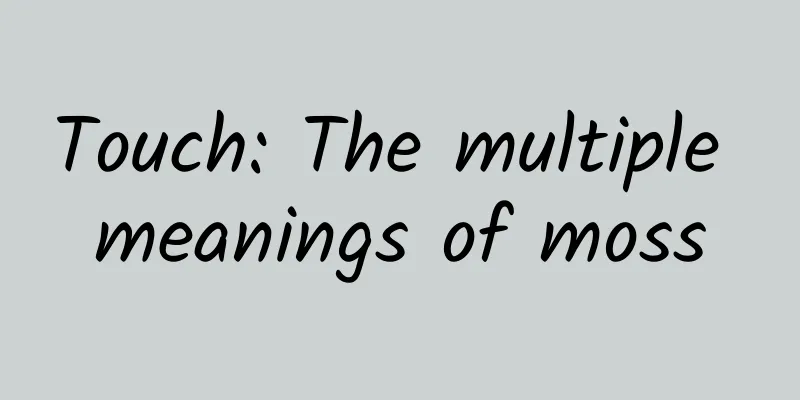IIC: Industrial Internet of Things Artificial Intelligence Framework White Paper
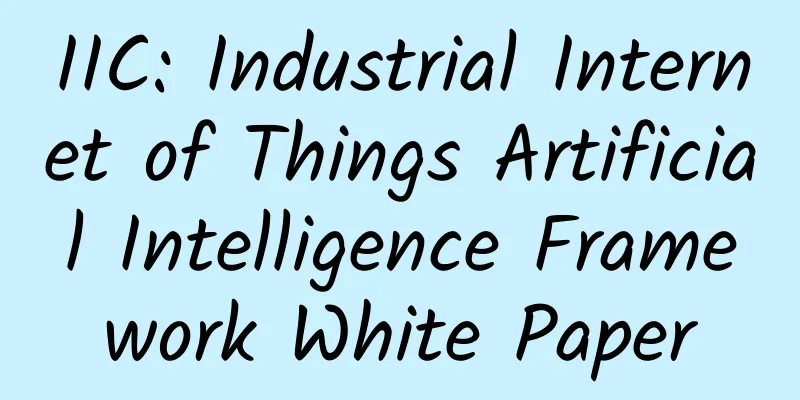
|
Industrial AI (AI), the application of artificial intelligence to industrial applications, is a major contributor to value creation in the Fourth Industrial Revolution. AI is being embedded in a wide range of applications, helping organizations realize significant benefits and enabling them to transform the way they deliver value to the market. This document provides guidance and assistance for the development, training, documentation, communication, integration, deployment, and operation of AI-based Industrial IoT systems. It targets decision makers from IT and operational technology (OT), business and technical personnel from multiple disciplines, including business decision makers, product managers, system engineers, use case designers, system architects, component architects, developers, integrators, and system operators. The document is built around the architectural viewpoints in the IIC's Industrial Internet Reference Architecture, namely the business, usage, functional, and implementation viewpoints. The document discusses the business, commercial, and value creation considerations that drive the adoption of AI. It also elaborates on the concerns raised by the use of AI, use cases in industry, and the ethical, privacy, bias, security, labor impacts, and social issues associated with it. On the technical side, the document describes the architectural, functional, and data considerations related to AI, and discusses various implementation considerations such as performance, reliability, data attributes, and security. The application of AI is expected to accelerate in the industry. Given the rapidly growing computing power, the wider range of data available for training, and the increasingly complex algorithms, AI technology will continue to evolve. Current IT standards and best practices must continue to evolve to address the unique characteristics of AI itself, as well as specific considerations related to the security, reliability, and resilience of industrial IoT systems. Additionally, organizations’ growing maturity with AI will help them realize that its benefits far outweigh its drawbacks. The AI standards ecosystem will also continue to evolve, such as the ongoing standards work in ISO/IEC JTC 1/SC42, which provides guidance to JTC 1, IEC, and ISO committees developing AI standards. Based on these trends, there is no doubt that AI will continue to push the state-of-the-art and capabilities possible, and therefore, what is considered reasonable will also continue to evolve. Attitudes toward the technology and corporate expectations of its use will also continue to evolve. In the future, we can expect the use of AI technology to become the norm rather than the exception, and given the societal benefits of this technology, “not using AI” may eventually become irresponsible. The PDF version will be shared on 199IT Knowledge Planet, just scan the QR code below! |
<<: World Economic Forum: Global Energy Transformation Index Report 2022
>>: Will the wealthy and willful Double Eleven shopping gala become the new normal for e-commerce?
Recommend
How to plan a good social event?
There are two main types of community activities....
Internet product monetization: transaction model and billing method of online advertising
This article will help you build the system outli...
A guide to creating short video content!
Short videos are the most popular form of communi...
The Great Voyage丨Were Tang Dynasty wooden sailing ships so advanced?
Rugao Tang Dynasty Wooden Sailing Ship In the &qu...
What should we do when entrepreneurial blind spots appear frequently?
Four dead corners of entrepreneurship On the even...
What? Not only is there no New Year's Eve this year, but even the Nian beast is gone?
Whenever the Lunar New Year approaches, the legen...
2020 Aion S launched: King of Evolution with more features but no price increase
On July 2, the annual upgraded model of GAC New E...
Product operation: a low-cost growth hacking experiment from 0 to 1!
How can a product use growth hacking to achieve g...
Which will give you a greater radiation dose: smoking a pack of cigarettes, eating a banana, or working in a nuclear power plant for a year?
Let me first tell you the conclusion. Cigarettes ...
Kaola.com Product Analysis
Kaola.com (formerly known as NetEase Kaola) is an...
Bilibili (B station) product operation analysis
As a content community that started out by relyin...
"Black Book of Plans" is officially launched丨It makes it easy to write plans
If you have ever encountered such a problem when ...
What are the future business opportunities for the color TV industry, which is stuck in the vicious circle of increasing volume but not revenue?
At present, as the main region for color TV produ...
Analysis of Pinduoduo’s “Shake for Cash” campaign operations!
Have you participated in Pinduoduo’s “Shake for C...
